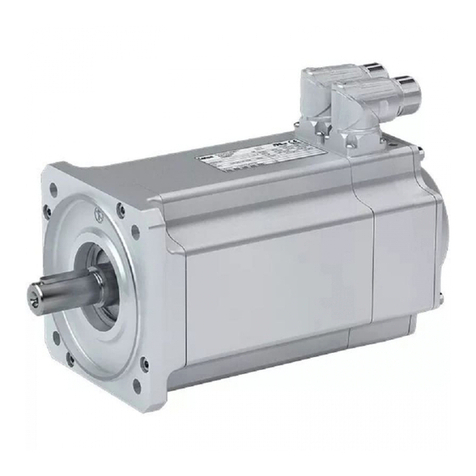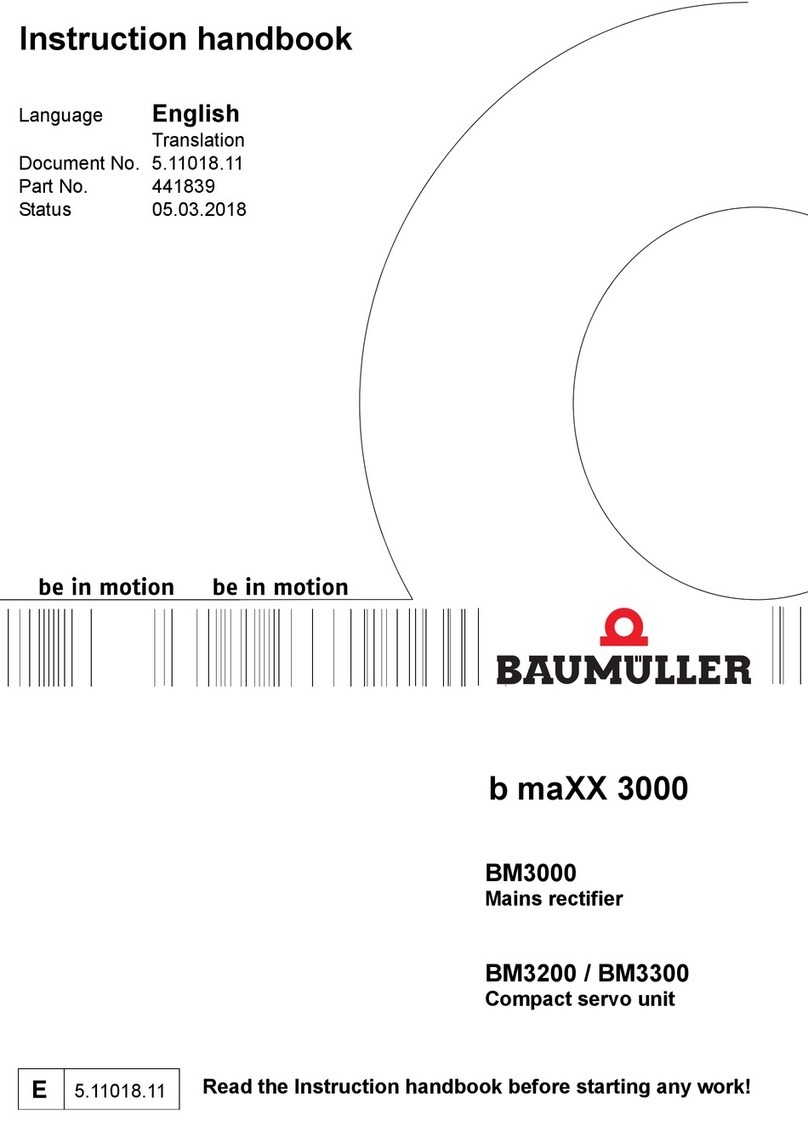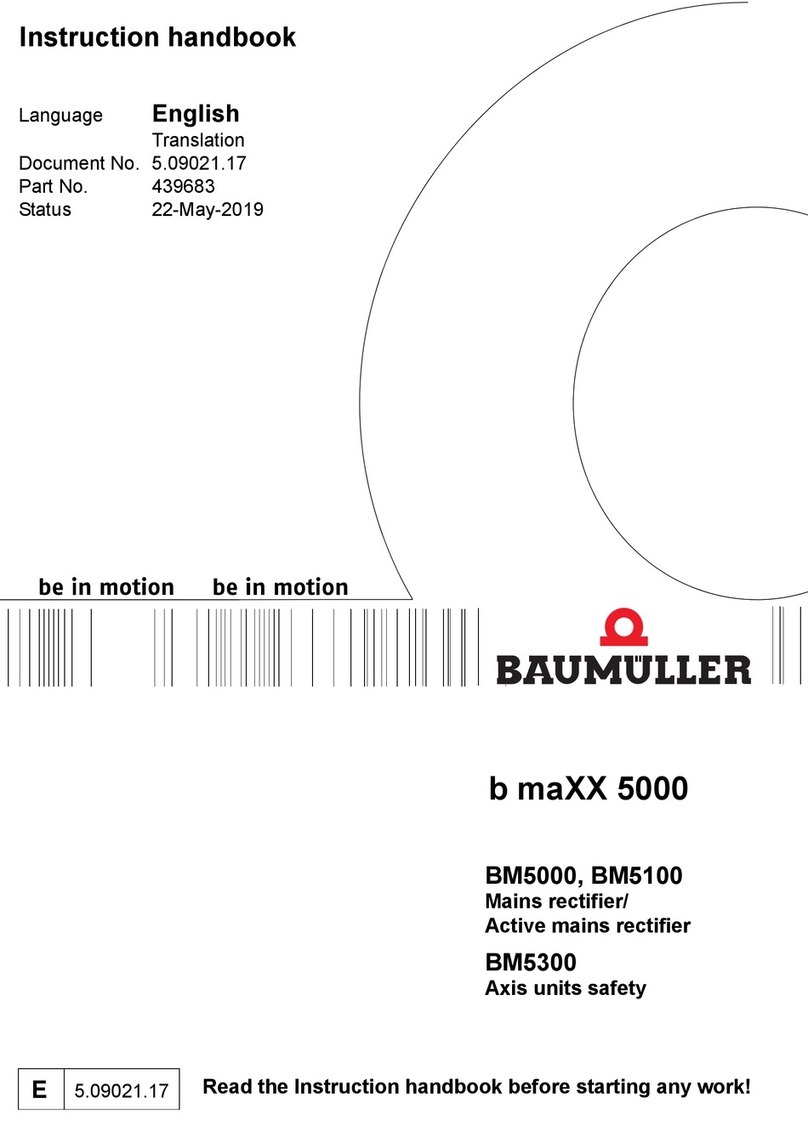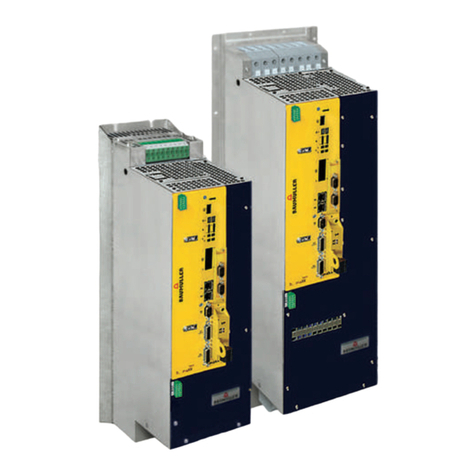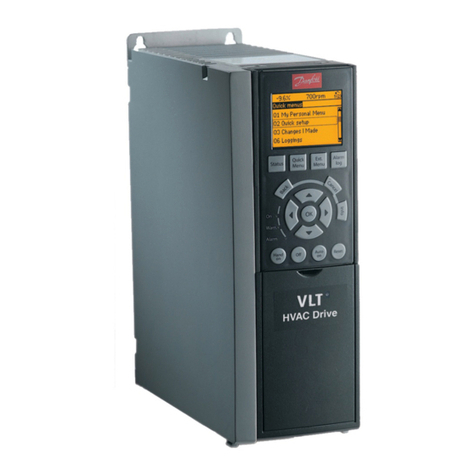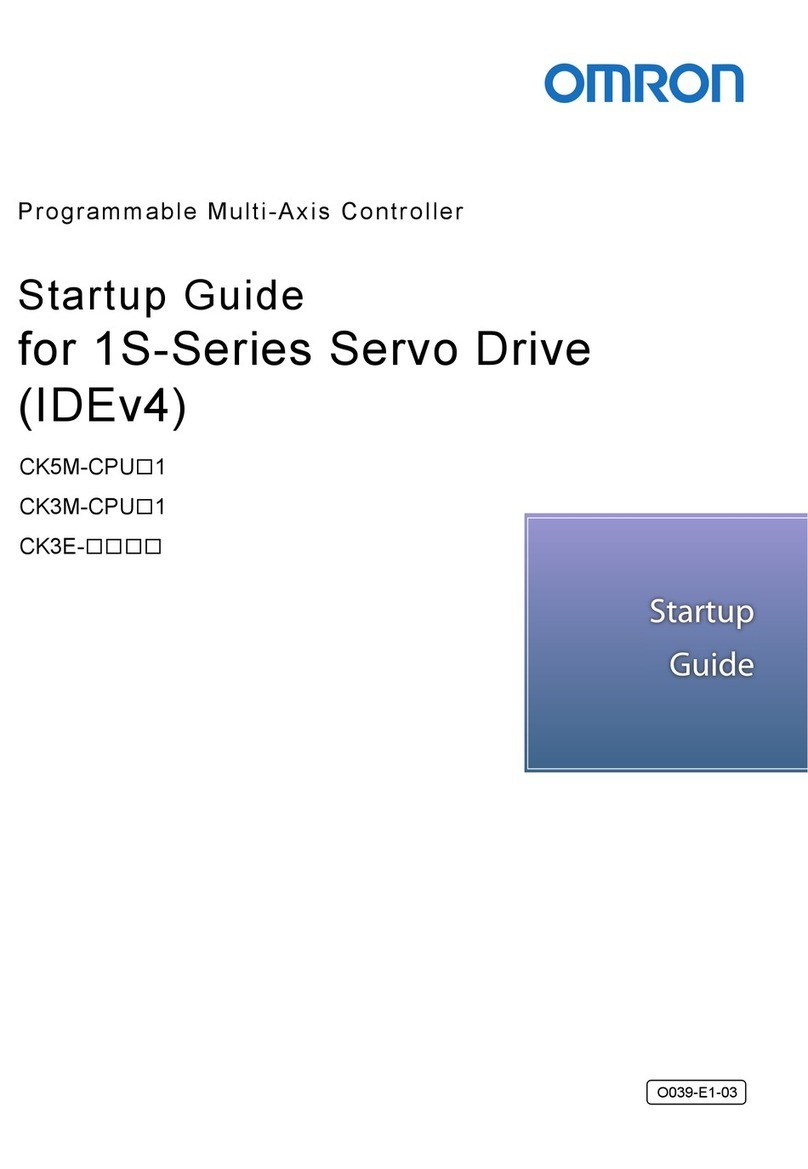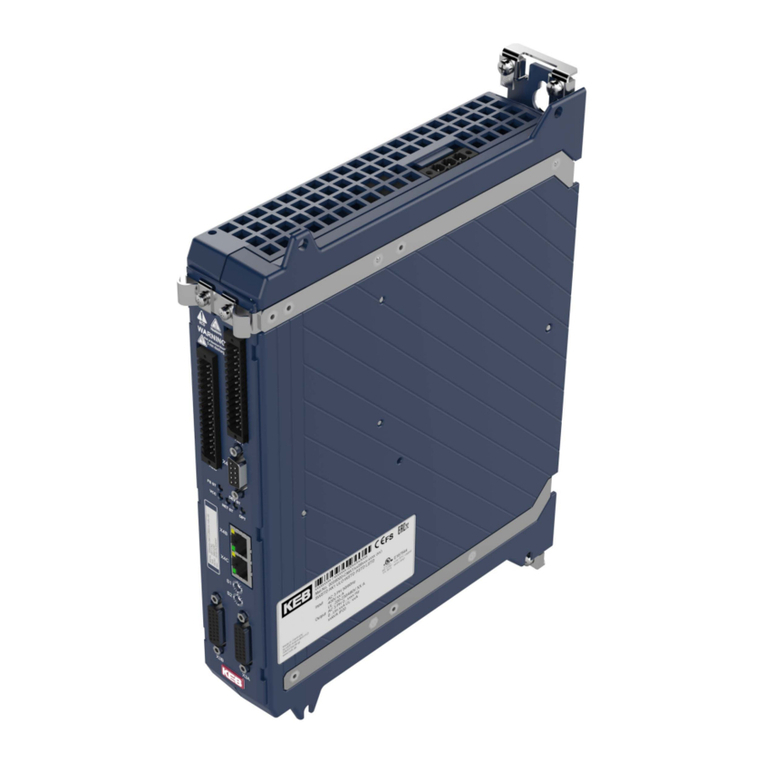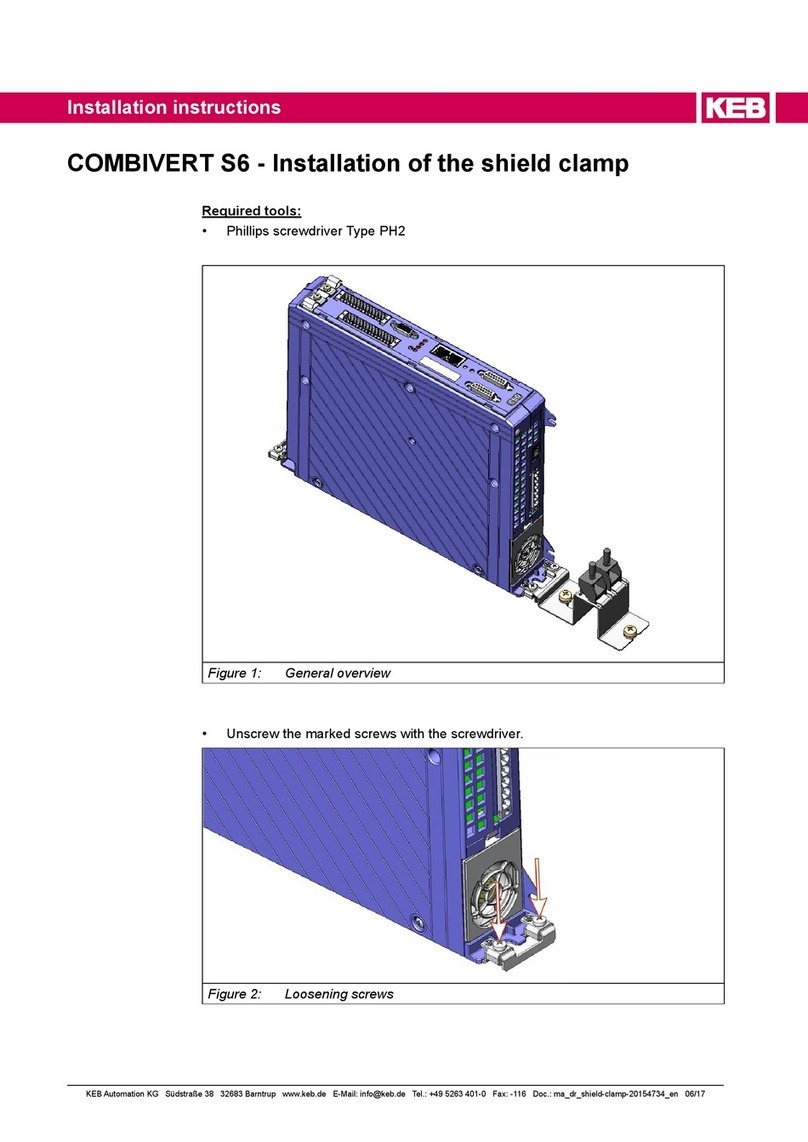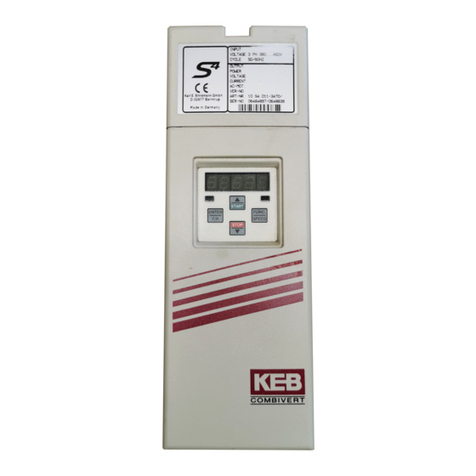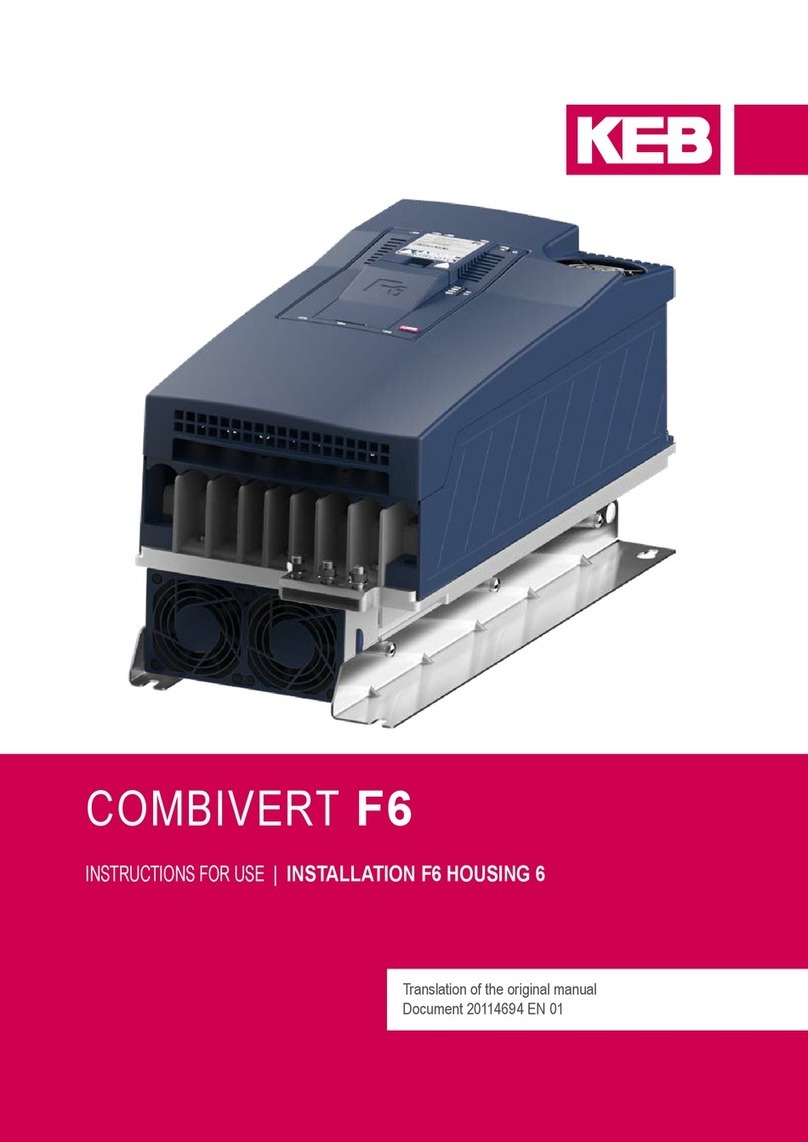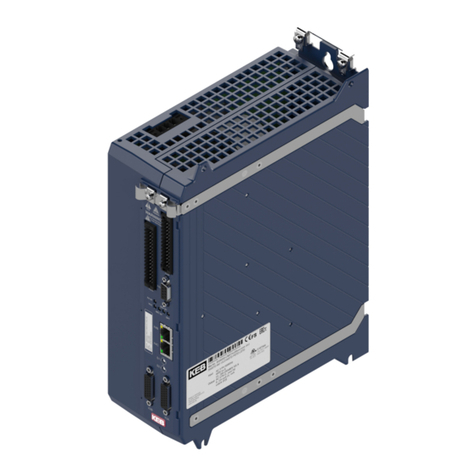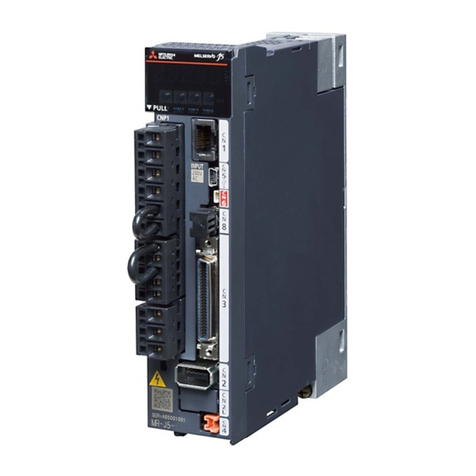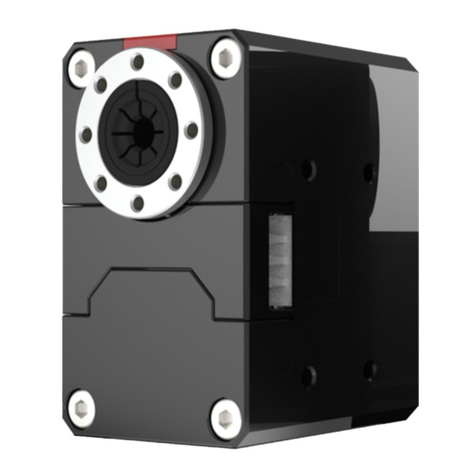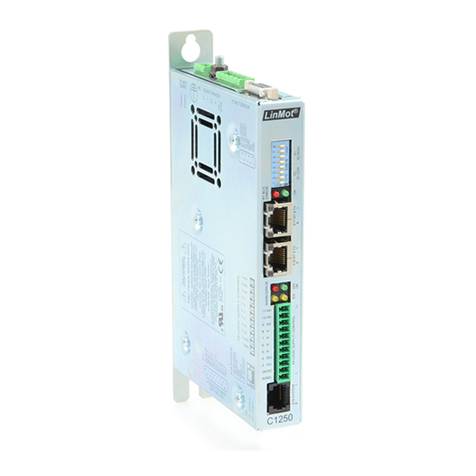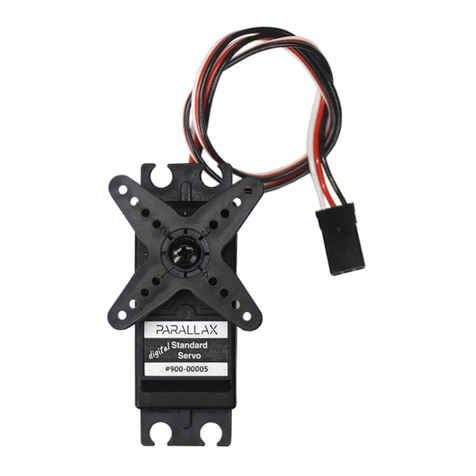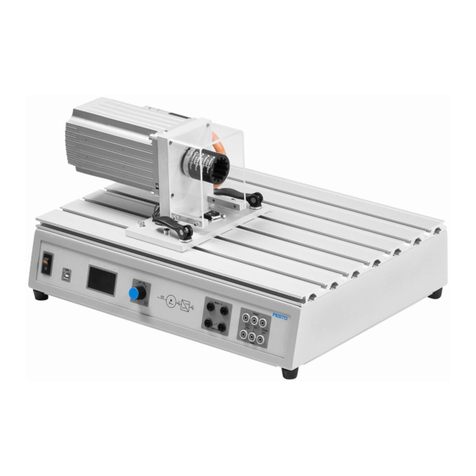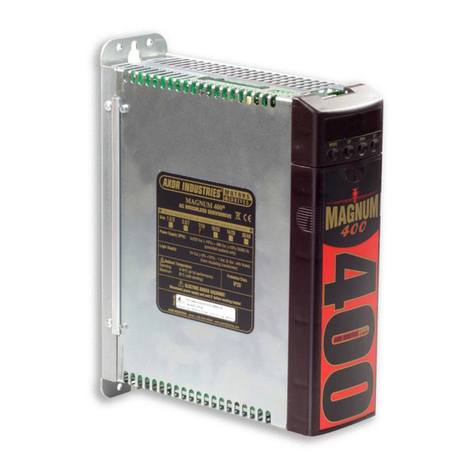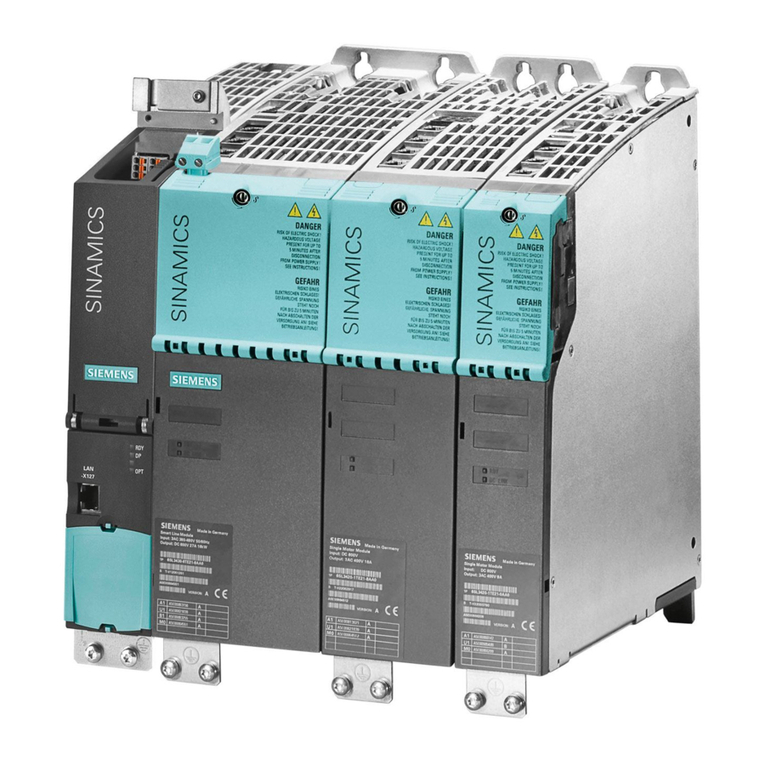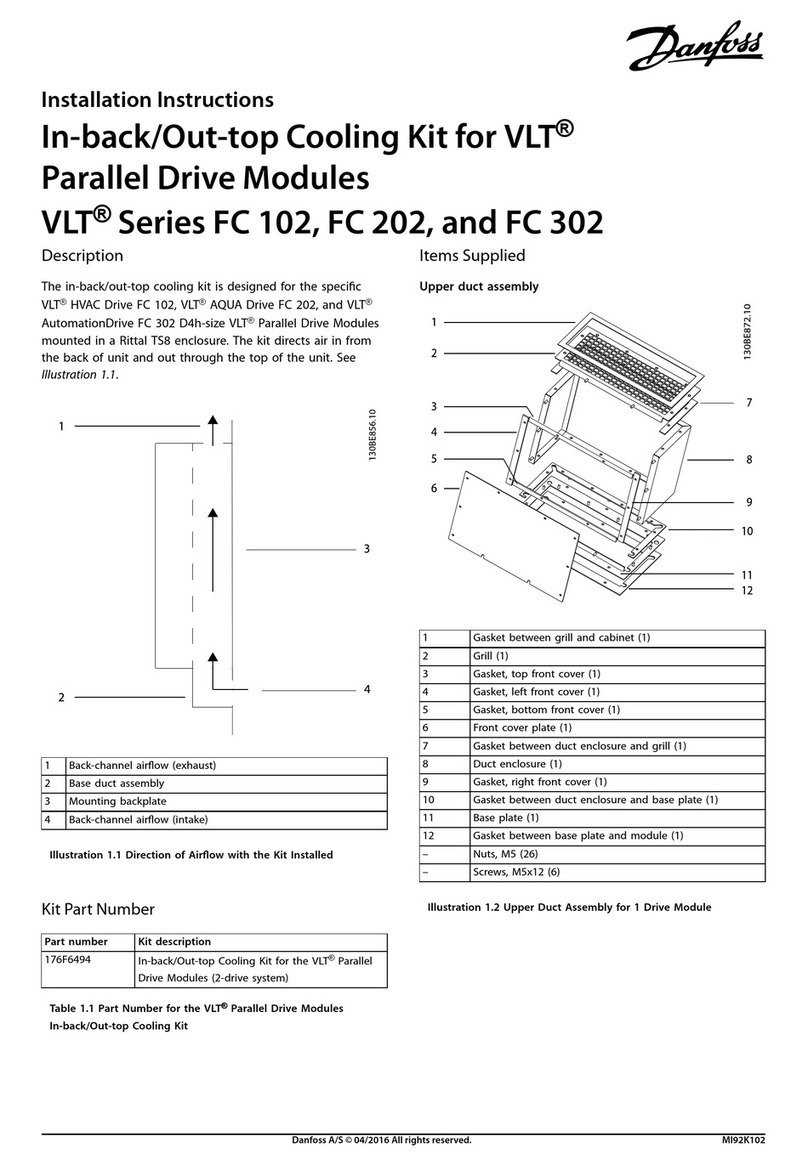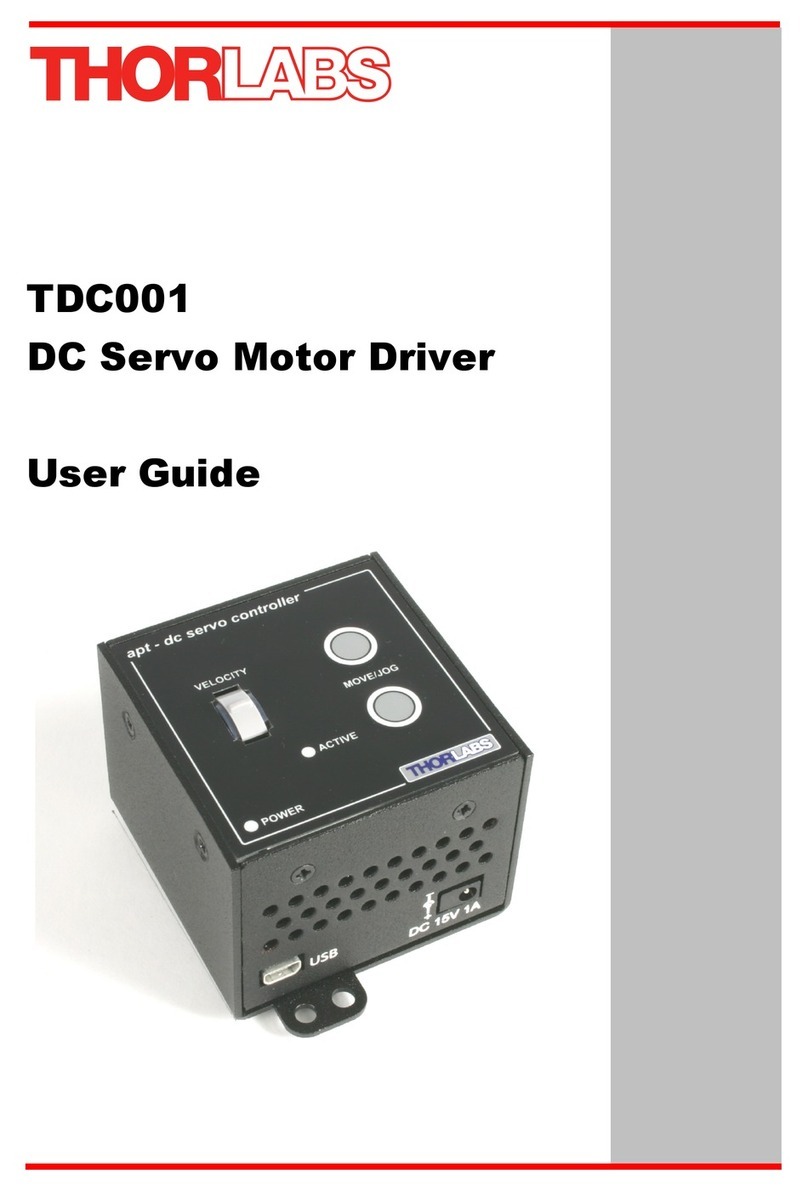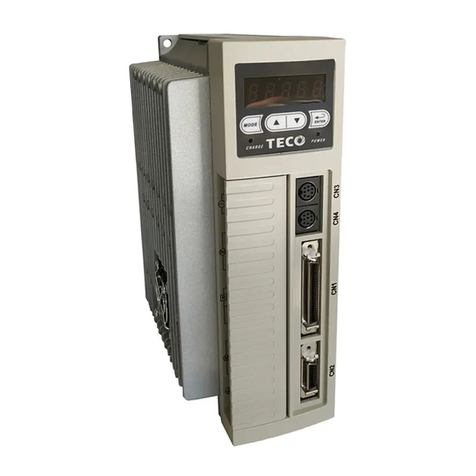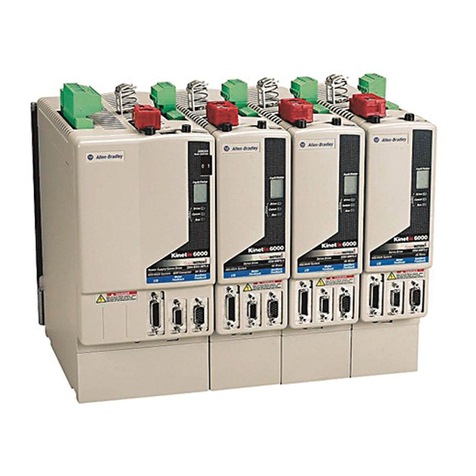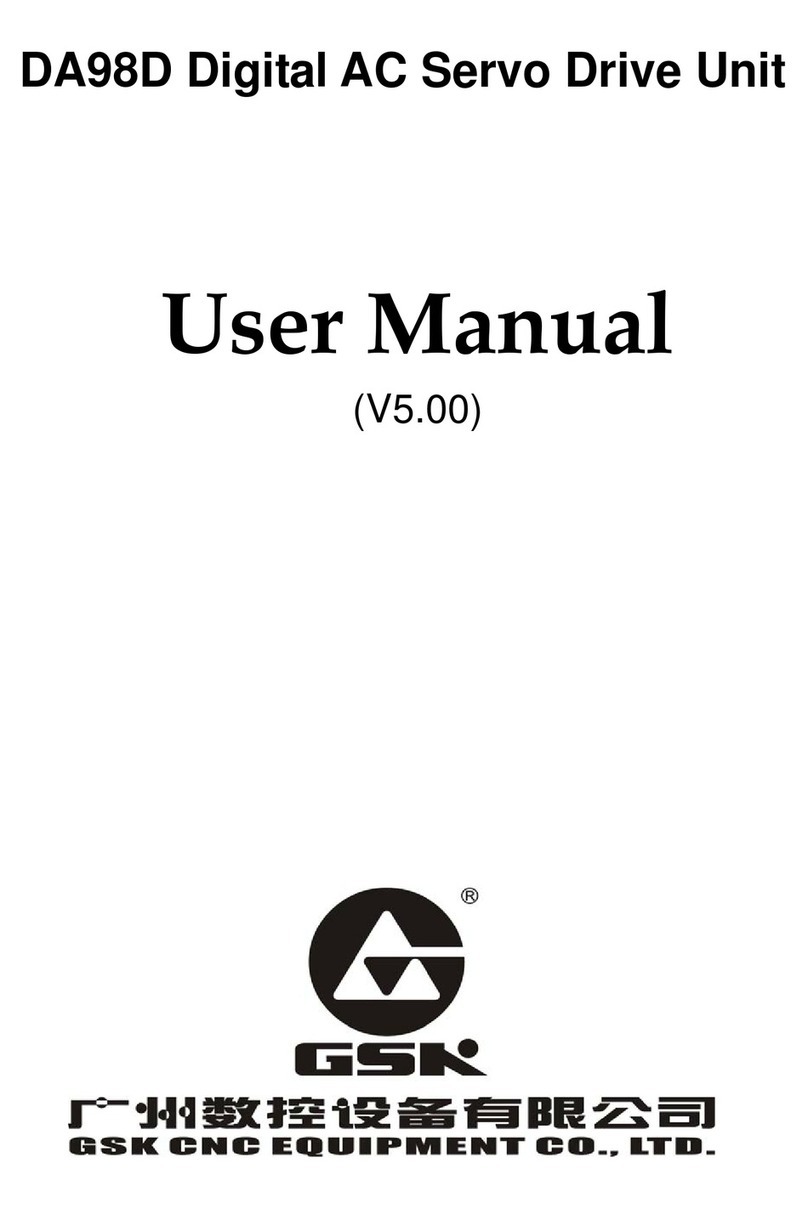
5
TABLE OF CONTENTS
Table of Contents
Preface ....................................................................................................................................................3
Signal words and symbols .............................................................................................................3
More symbols.................................................................................................................................3
Laws and guidelines.......................................................................................................................4
Warranty and liability......................................................................................................................4
Support ........................................................................................................................................4
Copyright........................................................................................................................................4
Table of Contents ...................................................................................................................................5
List of Figures.........................................................................................................................................8
List of Tables ..........................................................................................................................................9
Glossary ................................................................................................................................................10
General standards................................................................................................................................ 11
Standards for asynchronous and synchronous motors ..................................................................12
1 Basic Safety Instructions............................................ 13
1.1 Target group...................................................................................................................................13
1.2 Transport, storage and proper use .............................................................................................. 13
1.3 Installation......................................................................................................................................14
1.4 Connection instructions ...............................................................................................................15
1.4.1 EMC-compatible installation...............................................................................................15
1.5 Start-up and operation ..................................................................................................................16
1.6 Maintenance...................................................................................................................................16
1.7 Repair .............................................................................................................................................17
1.8 Disposal..........................................................................................................................................17
2 Product Description .................................................... 18
2.1 Specied application.....................................................................................................................18
2.1.1 Residual risks.....................................................................................................................18
2.2 Unintended use..............................................................................................................................18
2.3 Type code .......................................................................................................................................19
2.3.1 Congurableoptions ..........................................................................................................19
2.4 General speed-torque characteristic ...........................................................................................20
2.5 General project design..................................................................................................................20
2.5.1 Selection of the servo motor...............................................................................................20
2.5.2 Selection of the servo controller.........................................................................................21
2.5.3 Output component .............................................................................................................21
2.5.4 Pretension factor ................................................................................................................21
2.6 Construction and denition..........................................................................................................22
2.6.1 Drive end and direction of rotation .....................................................................................22
2.6.2 Winding and insulation system...........................................................................................23
2.6.3 Holding brake (optional) .....................................................................................................23
2.6.4 Speed and shaft position measuring system......................................................................24
2.6.5 Temperature monitoring .....................................................................................................25
